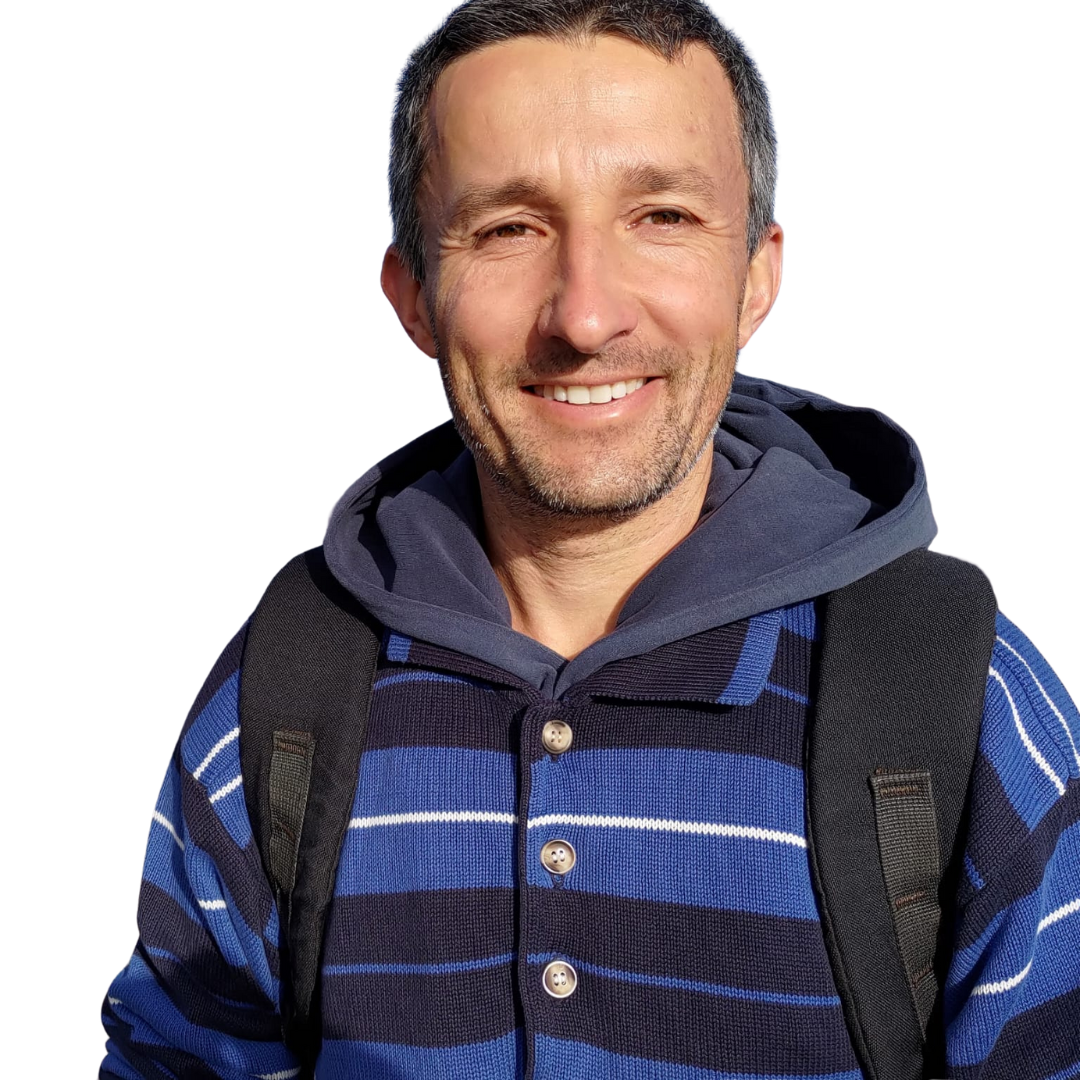
The Art of Difficult Conversations. Transformative Communication in Practice
1 850,00 zł
Szkolenie „Komunikacja transformatywna w praktyce” jest szczególnie cenne dla fizjoterapeutów, którzy w swojej codziennej pracy nie tylko wykonują zabiegi, ale również budują relacje oparte na zaufaniu, empatii i skutecznej komunikacji z pacjentami.
19 didactic
hours
45 educational
points
Place:
Spała
Funding
KFS / BUR
Szkolenie „Komunikacja transformatywna w praktyce” jest szczególnie cenne dla fizjoterapeutów, którzy w swojej codziennej pracy nie tylko wykonują zabiegi, ale również budują relacje oparte na zaufaniu, empatii i skutecznej komunikacji z pacjentami.
What is Transformative Communication?
Transformative communication touches on something fundamental in each of us, supporting deep needs for authenticity, autonomy, and connection. It is based on a relational perspective on communication and conflict, seen primarily as crises in human interactions. Crises destabilize, weaken, close us off, and trigger reactions that entangle us and others in a negative spiral of conflict.
This form of communication focuses on transformation mechanisms that support internal change and influence the quality of contact with others. Each such change matters because it removes the fuel for destructive reactions and activates processes of strengthening, releasing, and opening. Through this, we regain ourselves in difficult situations, free ourselves from mental and emotional imprisonment, and expand the range of possibilities in our interactions with others, whether in relationships or in solving specific issues.
Communication and Conflict — Developing Practical Skills
This workshop develops competencies in conflicts and conversations on sensitive topics. It highlights the importance of different communication levels and why conflict often plays out beneath the surface of matters, transactions, and solutions. We will explore patterns of destructive and constructive interaction, mechanisms of conflict transformation, and how we experience conflict in our everyday life situations. Through simulations, we will learn how to pause automatic reactions, act more intentionally and in accordance with what matters and is valuable to us, and build better contact in both relational and daily interactions. We will practice communication skills and explore constructive engagement in conflict within selected contexts.
Dlaczego warto?
1. Wzmacnianie relacji terapeutycznych
Szkolenie uczy, jak prowadzić rozmowy w sposób, który sprzyja głębszemu zrozumieniu potrzeb pacjenta, budowaniu zaufania i wspieraniu zaangażowania w proces leczenia.
2. Lepsze radzenie sobie z trudnymi sytuacjami
Jako terapeuta często spotykasz się z pacjentami doświadczającymi frustracji, bólu czy lęku. Umiejętność prowadzenia rozmów w duchu transformacji pozwala na przekształcanie napięć i konfliktów w konstruktywne rozmowy.
3. Rozwój kompetencji miękkich
Szkolenie rozwija umiejętności takie jak uważne słuchanie i kontakt z rozmówcą, rozpoznawanie sygnałów destrukcyjnej i konstruktywnej komunikacji, odzyskiwanie mocy oraz otwartości i empatii w konflikcie, zatrzymanie reaktywności i działanie w oparciu o wewnętrzny kompas z szacunkiem dla granic własnych i cudzych, refleksyjność, które są kluczowe w pracy z pacjentem oraz w komunikacji z zespołem medycznym.
4. Praktyczne umiejętności komunikacyjne do codziennej pracy
Uczestnicy zdobywają konkretne umiejętności i strategie komunikacyjne, które mogą być od razu zastosowane w praktyce, poprawiając jakość interakcji z pacjentami.
5. Wsparcie w zapobieganiu wypaleniu zawodowemu
Dzięki nauce świadomej i łączącej komunikacji, lepiej zadbasz o własne emocje i poziom stresu, co przekłada się na większą satysfakcję z pracy i mniejsze ryzyko wypalenia zawodowego.
Dla fizjoterapeutów, którzy pragną pogłębić swoje umiejętności komunikacyjne i budować dobre relacje z pacjentami, szkolenie to stanowi wartościową inwestycję w rozwój zawodowy.
Methods of Work
The workshop is interactive, integrating theory and practice through exercises, simulations, film analysis, personal experiences, and group conversations combined with individual reflection. Learning is supported by video materials made available before the meetings.
What Will You Learn in the Transformative Communication Workshop?
This workshop invites you to develop skills that will help you better understand yourself and others in tension-filled situations. You will learn:
- How to pause and reflect during conflict
- How to recognize signals of weakness/absorption by others, as well as strengthening and openness
- How to build your own foundation and integrity in conflict
- How to use conflict transformation mechanisms
- How to listen attentively and build better contact with conversation partners
- How to apply transformative communication skills
- How to gain confidence and skills in engaging constructively in difficult conversations
09:00 – 09:45
Introduction, getting to know the group, expectations and challenges
09:45 – 10:30
Experiencing personal conflicts, exercise and discussion
10:30 – 10:45
Break
10:45 – 11:30
Signals of escalation/recognition and conflict transformation
11:30 – 12:15
Integrity in Conflict and the Inner Compass
12:15 – 12:30
Break
12:30 – 13:15
Boundries
13:15 – 14:00
Presence and listening
14:00 – 15:00
Break
15:00 – 15:45
Reflections Part 1
15:45 – 16:30
Reflections Part 2
16:30 – 16:45
Break
16:45 – 17:30
Simulation of Conversations with Triggers
17:30 – 18:15
Integration and Summary of the Day
09:00 – 09:45
Priorities in Communication. Non-Directive Questions and Silence Part 1
09:45 – 10:30
Non-Directive Questions and Silence Part 2, Exercise and Discussion
10:30 – 10:45
Break
10:45 – 11:30
Simulation of Difficult Conversations, Part 1
11:30 – 12:15
Simulation of Difficult Conversations, Part 2
12:15 – 12:30
Break
12:30 – 13:15
Transformative Insights and Integrity in Conflict. Summaries Part 1
13:15 – 14:00
Summary part 2
14:00 – 15:00
Break
15:00 – 15:45
Exercise on Challenges in Conversations within Selected Contexts, Part 1
15:45 – 16:30
Exercise on Challenges in Conversations within Selected Contexts, Part 2
16:30 – 17:45
Integration and Summary of the Course



Reviews
There are no reviews yet.